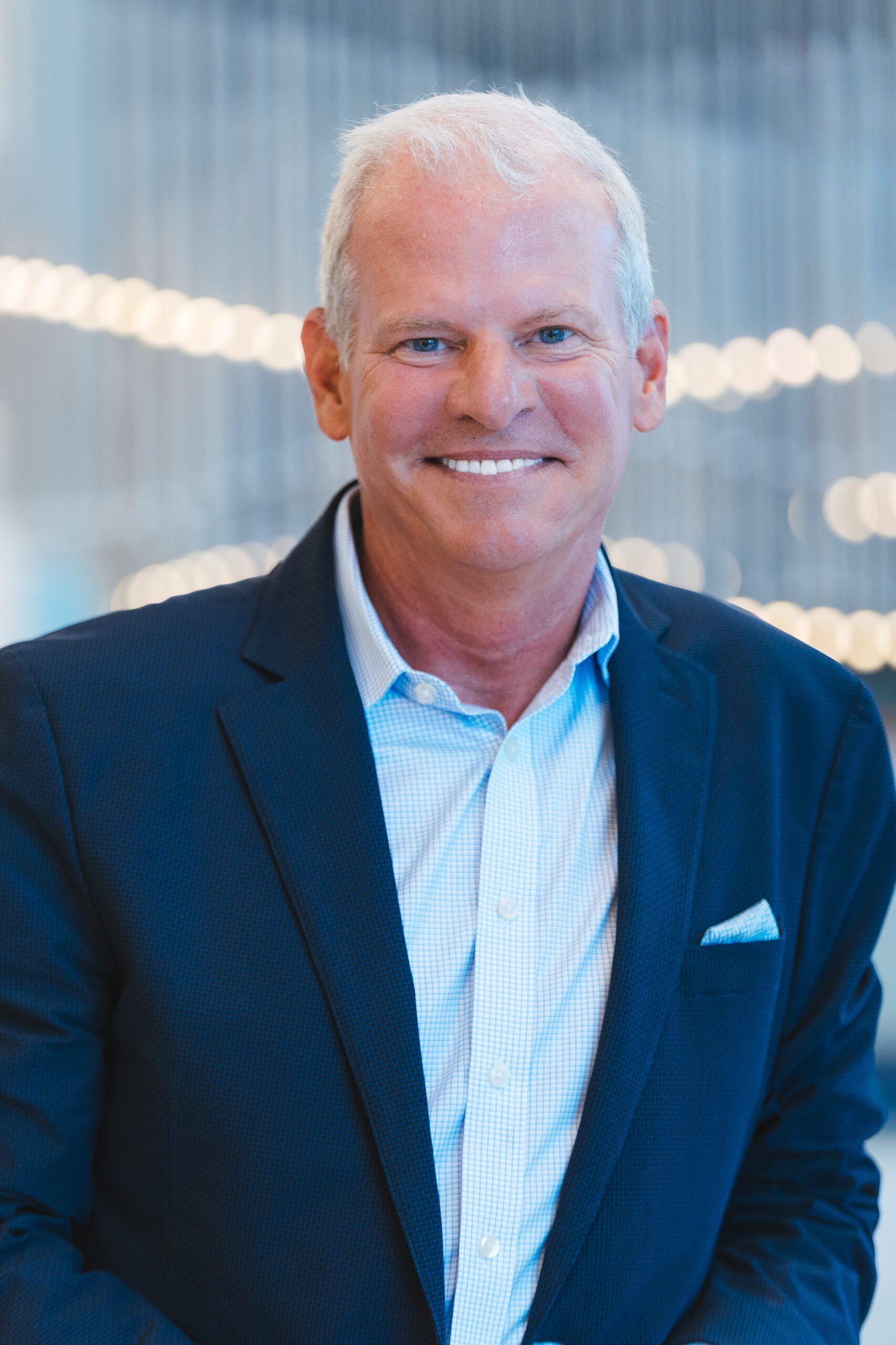
Scott Recinos, senior vice president of LMI’s homeland security market, has been appointed chair of WashingtonExec’s National Security Council for 2024-2025.
Recinos specializes in discovering customers’ current and emerging needs; acquiring new business; managing profit and loss; fostering customer and partnership relationships; and championing LMI’s strategic vision and goals. He has over 30 years of consulting experience in homeland security, civil engineering, program and project management, and construction management.
As chair of the council, he will lead conversations on the use of emerging technologies to curb the influx of drugs, border security, technology and tactical infrastructure and more. Below, he also shares a bit about his professional experience in the NatSec field, what it means to be council chair and the value of connecting industry executives with government officials.
Based on your extensive experience, what are some of the focus areas/hot topics you want to discuss with the council this year?
This year, I want to prioritize discussions on how emerging technologies like AI, biometrics, and UAS can be leveraged to curb the influx of drugs such as Fentanyl from crossing borders. Additionally, I am interested in exploring the incoming administration’s strategy towards border security, including technology and tactical infrastructure, as well as immigration enforcement.
How will your personal and career experience and expertise within the NatSec community help lead the council in discussions on trending NatSec-related topics?
With a wealth of experience in the national security sector, I have honed my skills in various roles, most notably as the Chief Engineer for Tactical Infrastructure supporting the U.S. Border Patrol from 2009 to 2013. Since 2005, I have continuously supported the Department of Homeland Security and have served as a trusted advisor to numerous senior leaders within the organization. My extensive background and ongoing involvement with DHS enable me to provide valuable insights and expertise, helping to shape effective strategies and solutions to address complex security challenges.
What does it mean for you to be chairperson of this council?
Being named chairperson of the WashingtonExec National Security Council is both a privilege and a responsibility. It allows me to bring together a diverse group of talented individuals to address the critical challenges facing our national security landscape. For me, this role is an opportunity to channel my passion for national security into meaningful discussions and initiatives. I am committed to fostering a collaborative and inclusive environment where all perspectives are valued, ensuring we make a tangible impact on the future of national security.
Do you feel there is great value in connecting industry executives with government officials to discuss topics facing the NatSec community? If so, why?
Absolutely. Bridging the public and private sectors creates a powerful synergy. Industry executives contribute innovation, resources, and practical insights, while government officials provide policy direction, regulatory frameworks, and national security expertise. By connecting these groups, we can foster groundbreaking solutions, streamline policy implementation, and build trust. This collaboration is essential for addressing multifaceted challenges like cyber threats and the integration of emerging technologies into national security frameworks.
Do you have any unique plans yet for the council?
I’m planning to bring in speakers that have unique insights into the new Administration’s national security priorities and can articulate areas where private sector can best assist government.
What do you hope to accomplish as chair of this council, and what do you hope councilmembers get out of your leadership?
As chair, my primary goal is to facilitate discussions that translate into actionable recommendations and impactful initiatives. I aim to create an environment where council members feel empowered to share their insights and challenge conventional thinking. For council members, I hope they leave each session with new perspectives, stronger professional connections, and enhanced leadership skills. Together, we have the potential to drive significant contributions to our nation’s security and ensure our community remains adaptive to emerging challenges.

